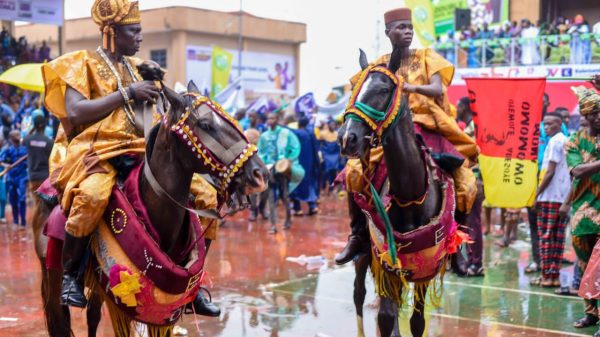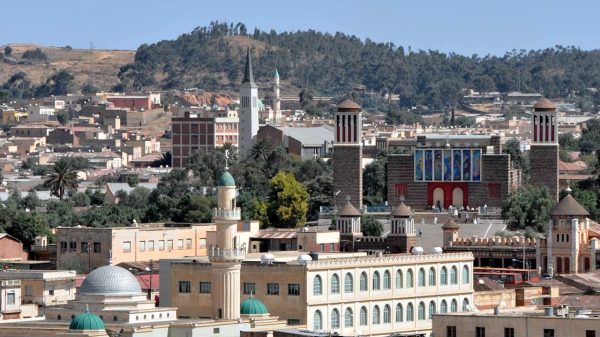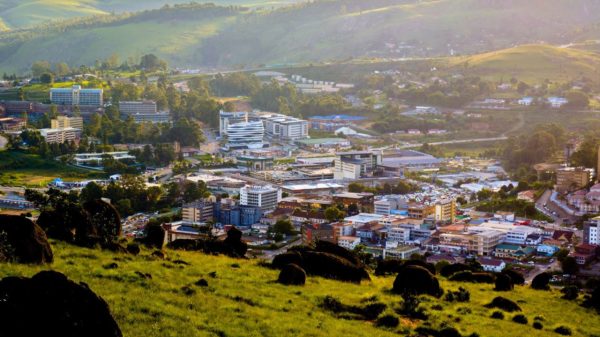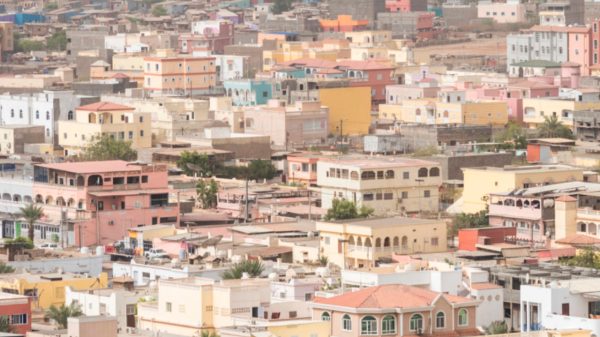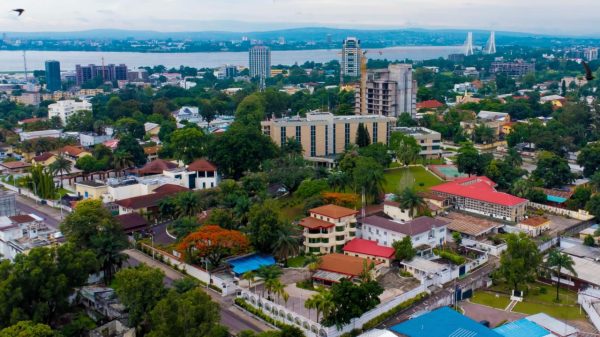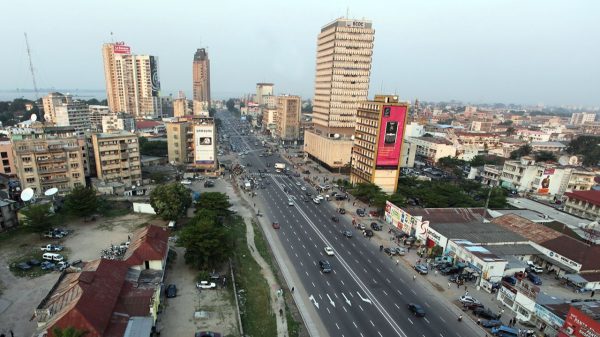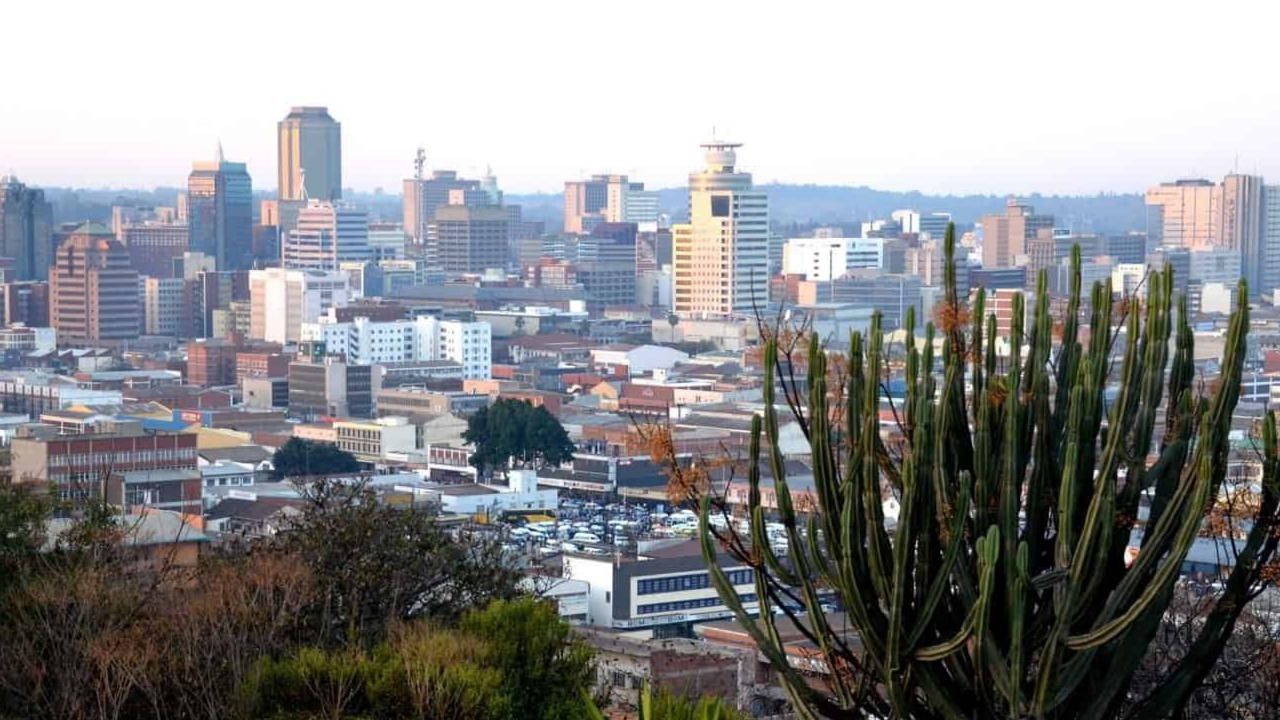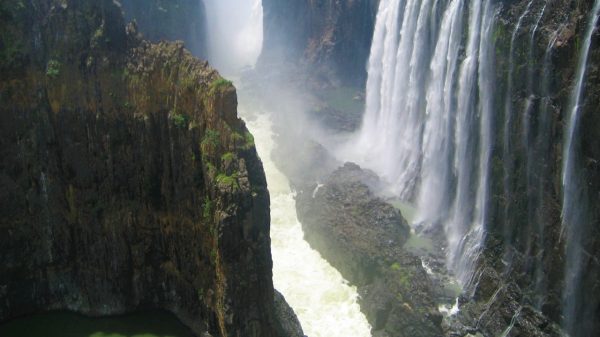Zimbabwe is a country in Southern Africa, rich in culture, history, and natural beauty.
Known for its stunning landscapes and diverse wildlife, it offers a unique blend of traditions, ancient wonders, and modern-day innovation. Zimbabwe is home to one of the world’s most iconic natural wonders, the Victoria Falls, and has a deep historical legacy dating back to ancient civilizations. From its vibrant cities to the tranquil countryside, there is much to learn about this fascinating country. Here are seven fascinating facts about Zimbabwe that showcase its unique appeal.
1. Home to Victoria Falls
Zimbabwe boasts one of the Seven Natural Wonders of the World—Victoria Falls. Known locally as “Mosi-oa-Tunya” or “The Smoke That Thunders,” this majestic waterfall spans approximately 1.7 kilometers in width and plunges 108 meters into the Zambezi Gorge. The thunderous roar of the cascading water can be heard from over 40 kilometers away, and the mist rising from the falls creates rainbows visible from great distances. Shared with neighboring Zambia, Victoria Falls is not only a UNESCO World Heritage Site but also a significant contributor to Zimbabwe’s tourism industry, drawing thousands of visitors annually.
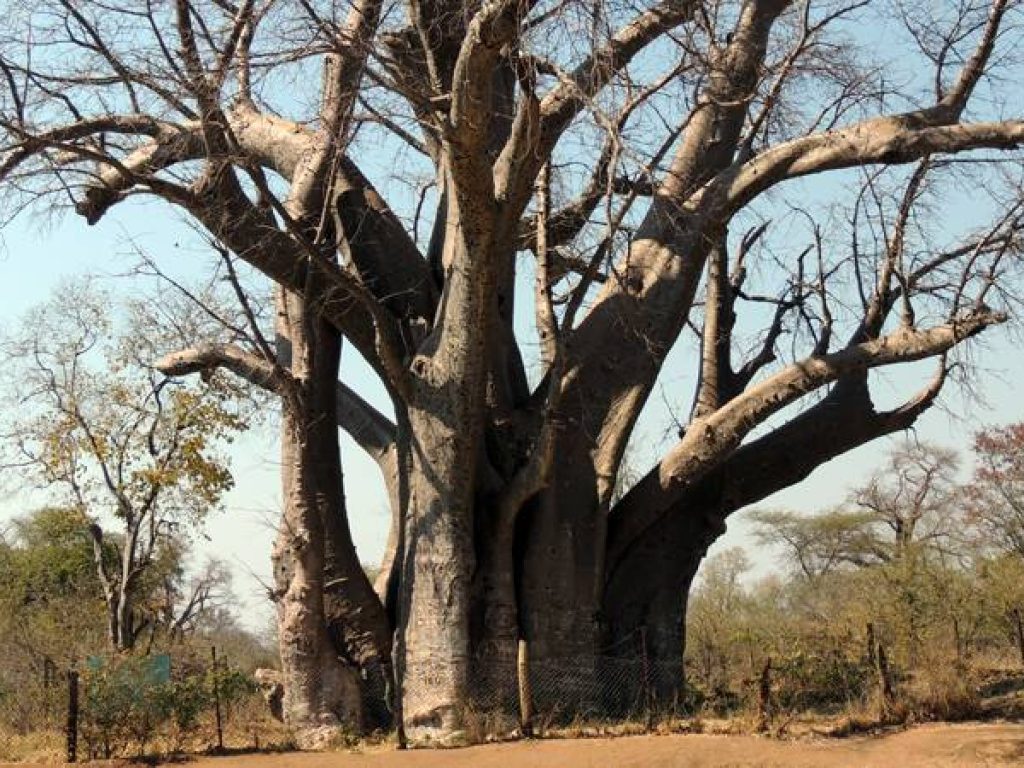
2. The Big Tree at Victoria Falls
Near Victoria Falls stands the iconic Big Tree, an ancient baobab (Adansonia digitata) with a girth of approximately 22.4 meters and a height of 24 meters. Estimated to be around 2,000 years old, this remarkable tree has withstood the test of time, witnessing centuries of change in the region. The Big Tree is a popular attraction for tourists, offering a glimpse into the resilience and grandeur of Zimbabwe’s natural flora.
3. A Multilingual Nation
Zimbabwe holds the Guinness World Record for the country with the most official languages, recognizing 16 in total. These include Chewa, Chibarwe, English, Kalanga, Koisan, Nambya, Ndau, Ndebele, Shangani, Shona, Sotho, Tonga, Tswana, Venda, Xhosa, and Zimbabwean Sign Language. This linguistic diversity reflects the country’s rich cultural mosaic and promotes inclusivity among its various ethnic groups.
4. Landlocked Geography
Situated in Southern Africa, Zimbabwe is a landlocked nation bordered by Zambia to the north, Mozambique to the east, South Africa to the south, and Botswana to the west. Despite lacking a coastline, Zimbabwe’s strategic location has made it a crossroads of cultures and trade routes throughout history. The country’s diverse landscapes range from savannahs and plateaus to mountainous regions, offering a variety of ecosystems and wildlife habitats. citeturn0search6
5. Rich Cultural Heritage
Zimbabwe is home to five UNESCO World Heritage Sites, underscoring its profound cultural and natural significance. These sites include the Great Zimbabwe National Monument, Khami Ruins, Matobo Hills, Mana Pools, and Victoria Falls. The Great Zimbabwe Ruins, in particular, are remnants of a medieval city that served as the capital of the Kingdom of Zimbabwe during the Late Iron Age, reflecting the architectural prowess and societal organization of ancient civilizations in the region.
6. Musical Traditions: The Mbira
Central to Zimbabwean culture is the mbira, also known as the “thumb piano.” This traditional instrument consists of metal keys mounted on a wooden soundboard and is played by plucking the keys with the thumbs. The mbira has been used for centuries in religious ceremonies, social gatherings, and storytelling, serving as a conduit for spiritual connection and cultural expression. Its melodic and rhythmic sounds are integral to the identity of the Shona people and have gained international recognition in world music circles.
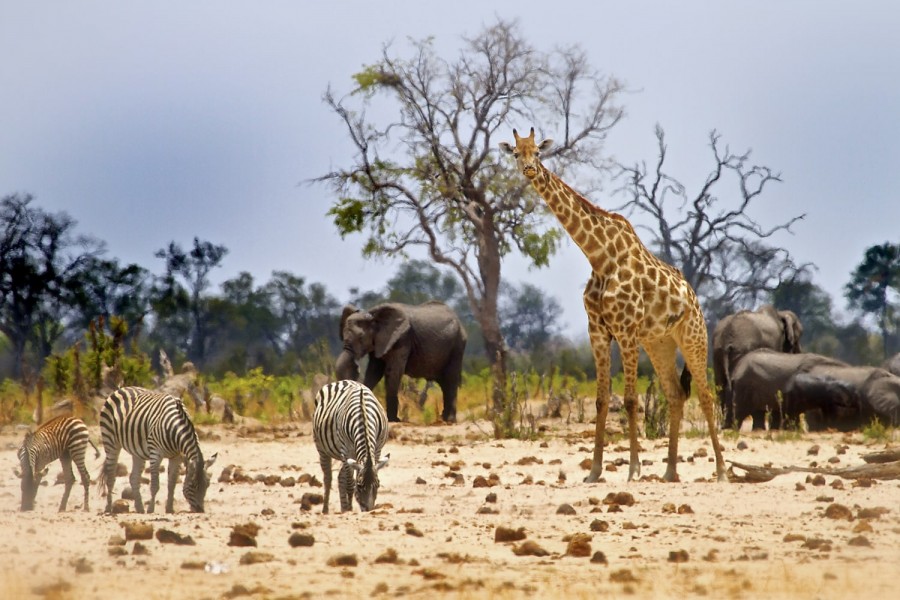
7. Exceptional Wildlife and Conservation Efforts
The Country is renowned for its rich biodiversity, hosting a variety of wildlife species, including the famed “Big Five”: lions, elephants, buffaloes, leopards, and rhinoceroses. The country has established numerous national parks and conservation areas, such as Hwange National Park and Mana Pools, to protect these species and their habitats. Community-led initiatives have also played a crucial role in wildlife conservation, balancing ecological preservation with sustainable tourism and local livelihoods
Subscribe to our Newsletter
Stay updated with the latest trends in African Pop Culture!



